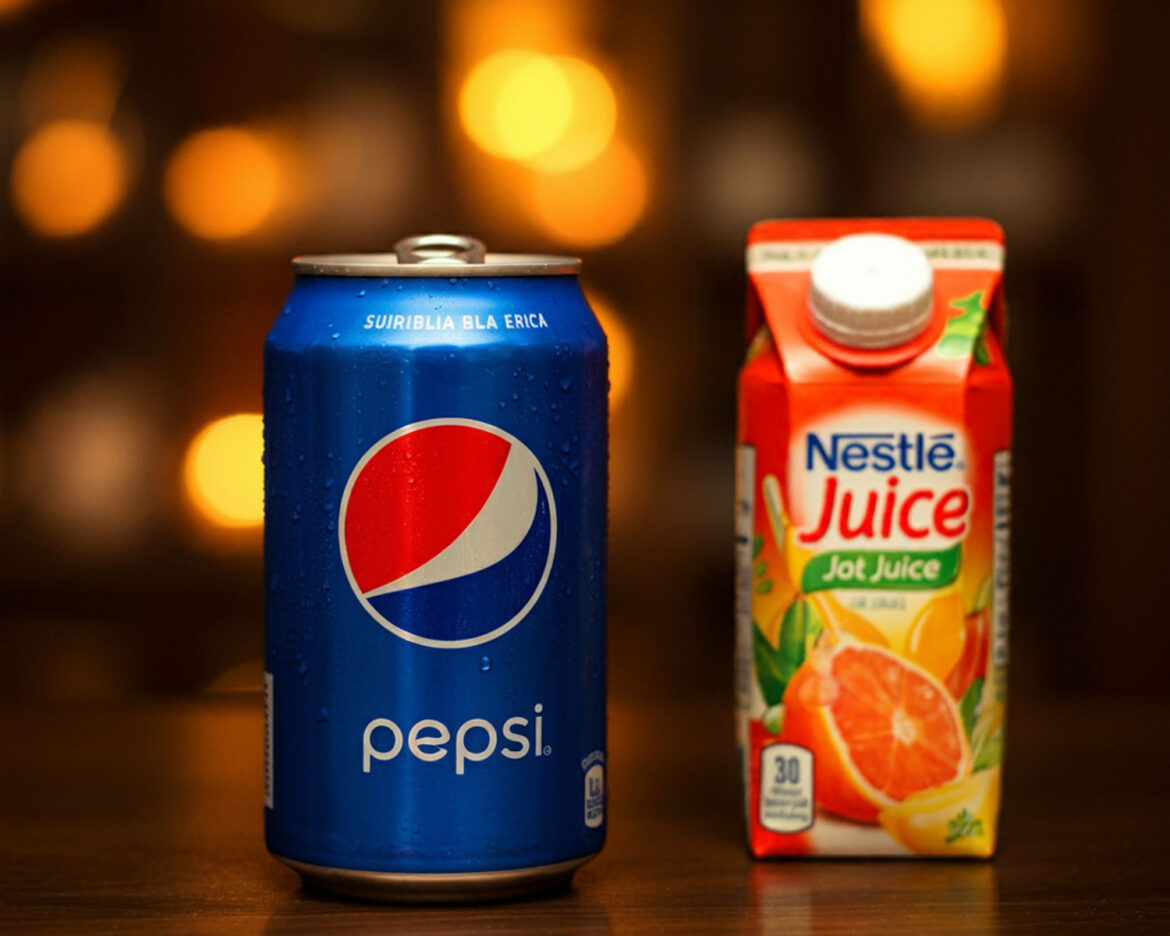A recent investigative report has shed light on the controversial practices of multinational giants PepsiCo and Nestle, revealing that they allegedly distribute lower-quality versions of their products in economically disadvantaged regions, including India. This report, published by the Changing Markets Foundation, claims that these companies adjust their ingredients and production standards in poorer nations, compromising on quality and nutritional content.
The report highlights that products sold in wealthier countries are often healthier and of higher quality, whereas those distributed in developing nations contain higher levels of sugar, salt, and artificial additives. This trend, say health experts, poses long-term risks to public health and underscores corporate double standards.
In response, PepsiCo and Nestle have stated their commitment to providing quality products across all markets. However, the findings are fueling calls for regulatory actions to ensure global food safety standards are universally upheld, regardless of a country’s economic status.



